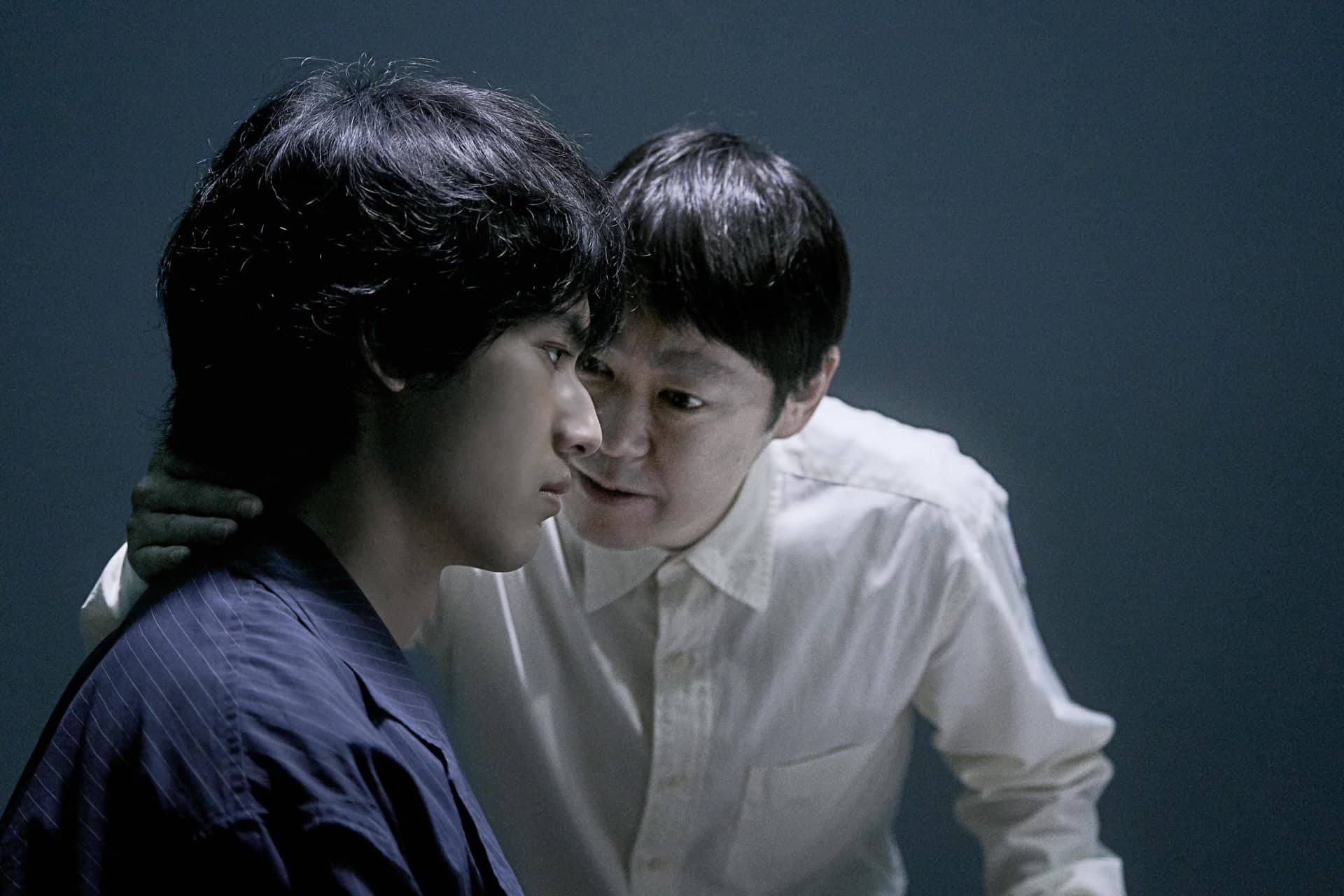Fractured narrative is a technique that has produced a number of masterpieces through the years, with “Mulholland Drive” and “Rashomon” being the first that come to mind. The contemporary Japanese version of the technique involves three different arcs that intermingle, focused on a single event, as exemplified in Lee Sang-il's “Rage.” Yusaku Matsumoto follows in the footsteps of the Zainichi Korean.
The event that serves as a base here is the Akihabara Massacre, which took place in 2008 and involved Tomohiro Kato, who drove into a crowd with a truck and then stabbed at least 12 people with a dagger, eventually killing seven and injuring 10. The man was sentenced to death, and the announcement of his sentence serves as the beginning point of the film.
Misa, whose mother was murdered during the incident, has to face a father who neglects her, with his sole focus being on gambling on horses. Misa does not talk at all to him, due to a number of events of the past, while she works as an idol, and also at a parlor that offers “comforting services” to customers, ranging from cuddling and kissing through a piece of transparent tape, to slapping. Ken is a warehouse worker, suffering due to his mother, who keeps stripping him from every penny he earns to indulge in whatever wishes she has each time. Her behavior reaches its nadir when she receives some money from loan-sharks and then disappears, living her son to face them and the possibility of eviction. Rie is another girl who lives with her father and grandfather, completely disconnected from them, spending most of her time with her kind of delinquent boyfriend. Eventually their relationship deteriorates though, while her father takes a liking to Misa, who reminds him of his daughter.

Yusaku Matsumoto uses the three arcs, which intermingle through a number of common individuals and some minor connections, in order to highlight the alienation people suffer from in the megalopolis. His protagonists are living lives where there is no way out, with their situation deteriorating as time passes. Akihabara seems to serve as the only place of solace, not only for the protagonists but for a plethora of people, even through ways like the line of work Misa has, and the general concept of the idols. However, the basic idea of the Akihabara massacre seems to strip even that, consequently inducing the film with a permeating sense of extreme pessimism, that seems to contrast the bright neon lights and the motley colors of the area.
Matsumoto seems to place much fault for this situation to the previous generation, as all the parents in the story have failed their children in various ways. Rie and Misa's fathers seem to try to change that, but their efforts are either awkward (in the case of Misa) or end up making things even worse, in the case of Rie. The blame for the lack of communication, which started between parents and children and extended in all aspects of the children's lives. is solely put on them.
There is a very strong scene in the movie, where Misa is being interviewed about the Akihabara Massacre and starts explaining her life, while her friend and manager offer some kind of justification to the perpetrator, that seems to highlight the detachment from anything real, by the people outside of the families of the victims.
The most impressive part of the movie comes, however, from the narrative Matsumoto implements, with the flashbacks and the change of the perspective according to the protagonist on screen. His tactics keep the film flowing in a fashion that holds the attention of the spectator from wavering even for a moment, as the story flows smoothly through the elaborate editing. Kentaro Kishi does a great job in portraying a world that seems fun and happy on the outside, through intense lights and colors, but bleak and hopeless on the inside, as the shadows and the lack of light that dominate the interiors in the film. Matsumoto intermingles some scenes that function like music videos, particularly in the beginning of the film, which look impressive and function quite well through the electronic sounds of Banvox.
The acting is also on a very high level, headed by Kokoro Shinozaki, a real-life idol who seems to capture the desperation and the way her character disguises it to perfection. Urara Anju, another idol, plays Rie in a smaller part, exemplifying her character's constant frustration quite convincingly. Kohsuke Suzuki as Ken is also great, as he manages to portray a young man whose anger is boiling, emitting a sense that it will soon erupt at all times.
“Noise” is a great feature debut for Yusaku Matsumoto, who manages to capture the essence of modern Tokyo through his elaborate narrative, impressive visuals and the performance of his cast.
















